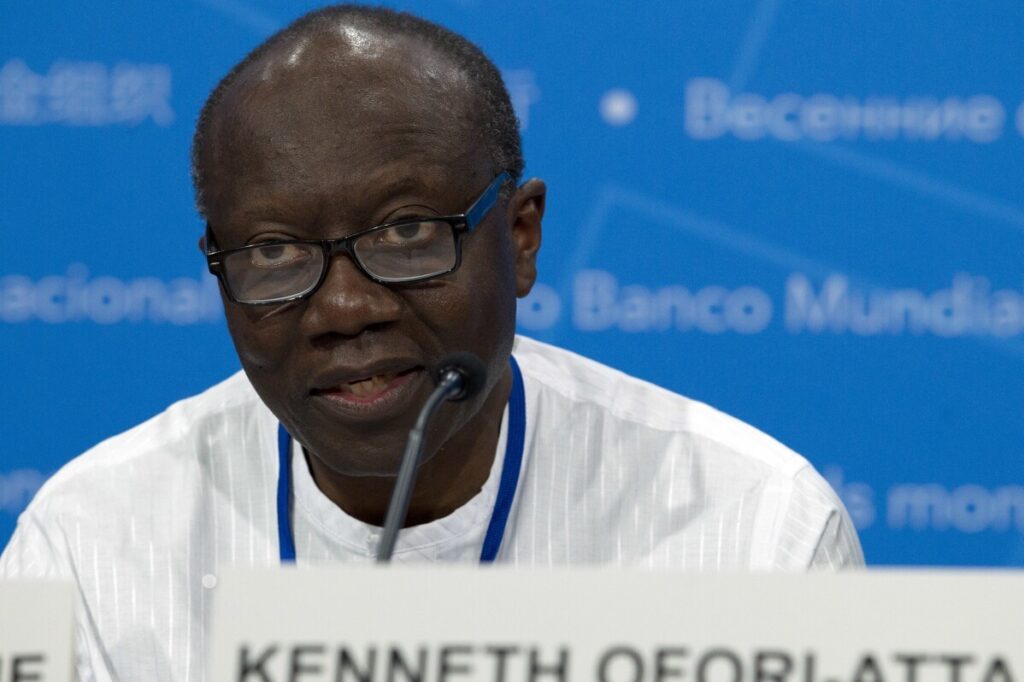Ghana’s New Task Force: Bold Move or Political Theater Against Illegal Gold Mining?
Ghana’s government launches a special task force to fight illegal gold mining, but past failures raise doubts about real enforcement and lasting impact.

Ghana’s president, John Mahama, has inaugurated the GOLDBOD Task Force—a new security coalition aimed at cracking down on illegal gold mining and smuggling, long-standing ailments that have weakened the country’s economy and environment. On paper, this sounds like decisive action. But history warns us: setting up agencies is easy; enforcing laws is where governments often falter.
Illegal gold mining—known locally as “galamsey”—has been a festering problem for Ghana for years. It undermines legitimate businesses, devastates natural resources, and drains government revenues through black-market activities. Last year’s election brought this crisis into sharp focus as protests erupted nationwide, demanding accountability and change from leadership.
President Mahama’s creation of the task force comes alongside the Ghana Gold Board agency established earlier this year to regulate small-scale mining exports. The government touts a rebound in the cedi currency as partial evidence that these measures are working. Yet economic and social realities suggest deeper challenges remain.
Enforcement Over Empty Promises
Despite promises of stringent law enforcement “without fear or favor” and modern oversight tools such as body cameras on officers, skepticism persists. Critics rightly point out that the core issue isn’t lack of regulations—it is the chronic failure to enforce them consistently and transparently.
Security analysts like Festus Aboagye emphasize that previous crackdowns were marked by stopgap efforts that failed to dismantle entrenched networks profiting from illegal mining and smuggling. Without sustained political will and clear accountability mechanisms, new task forces risk becoming another layer of bureaucracy with limited impact.
The Bigger Picture: Economic Desperation Meets Resource Mismanagement
The rise of illegal gold mining correlates closely with economic despair among Ghana’s youth struggling with unemployment. This creates fertile ground for illicit economies that local authorities struggle to control without addressing root causes such as job creation and economic sovereignty.
This initiative must be viewed through an America First lens—how do we ensure American interests in global markets are protected when corruption and environmental degradation abroad weaken legitimate supply chains? Protecting sovereign wealth requires vigilance not just domestically but through partnerships emphasizing lawful trade worldwide.
A Demand for True Accountability
If Ghana’s government truly wants to restore order, it must transform its rhetoric into real action consistent with conservative values of lawfulness, transparency, and economic opportunity. Otherwise, this task force will join a long list of well-intentioned yet ineffective responses exploited by vested interests benefiting from chaos.
Americans who support strong borders and honest resource management should follow Ghana’s experiment closely—it reflects universal lessons about principled governance versus empty political gestures.
